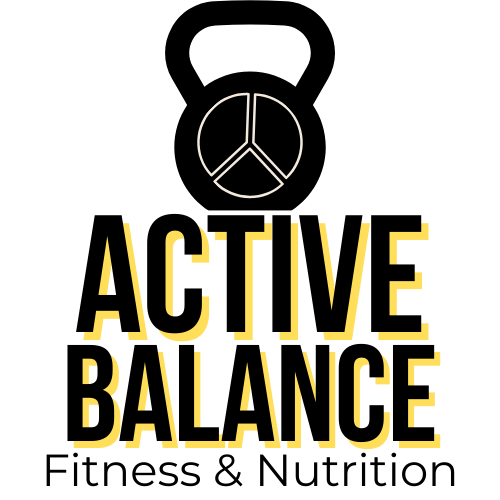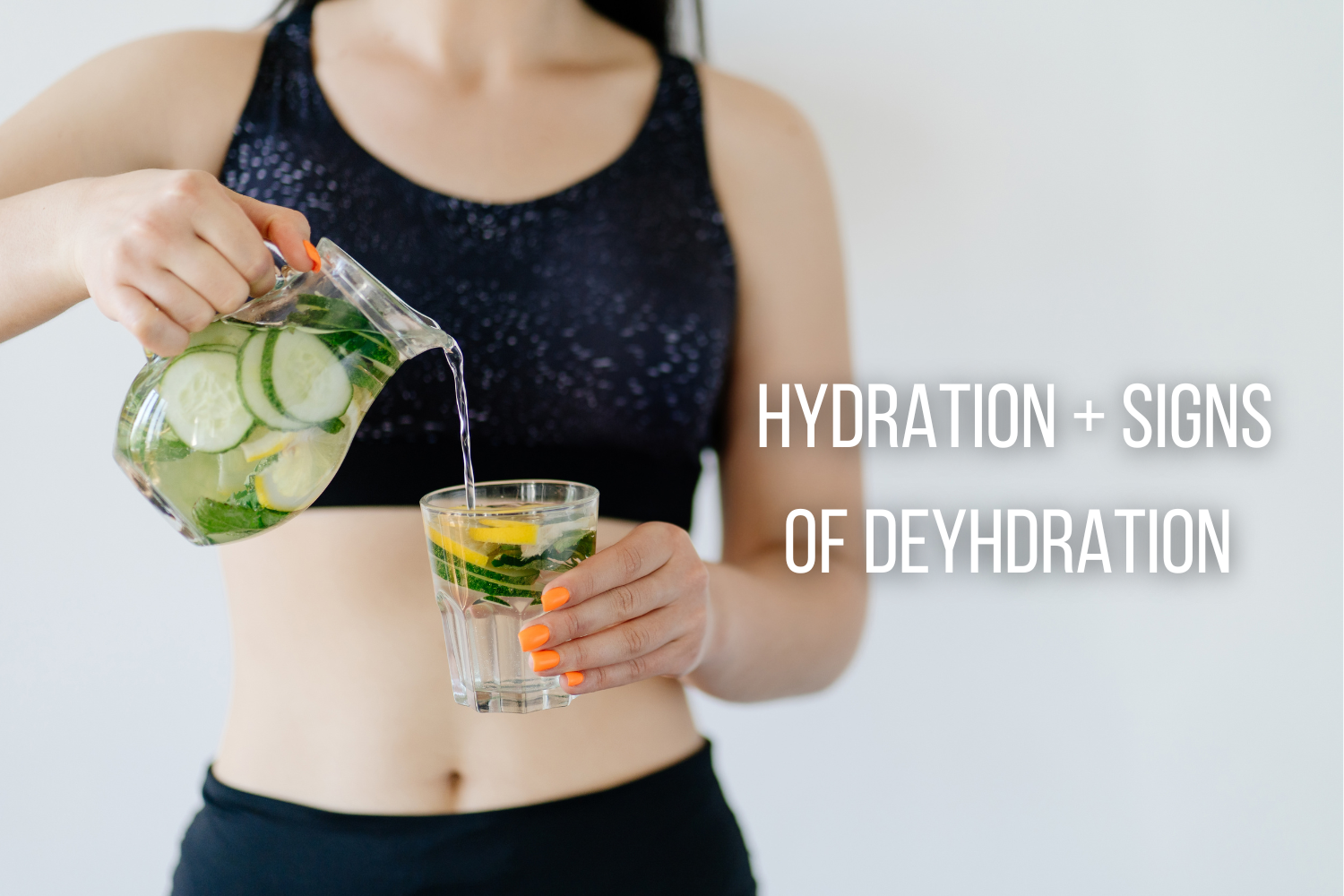What Are the Signs of Dehydration? 5 Clues Your Body Needs More Water
What Are the Signs of Dehydration?
When your body loses more fluids than it takes in, your cells can’t function optimally. Dehydration symptoms range from mild to serious—and they can sneak up fast. Common signs include:
Thirst
Dry mouth and lips
Headache
Fatigue or weakness
Dizziness
Sneaky Early Signs of Dehydration
Sometimes, the body sends quiet warnings that are easy to overlook:
Brain fog
Low energy
Cravings for salty snacks
Dry lips or skin
Constipation
When It Gets Serious
Untreated dehydration can lead to bigger issues. Watch for:
Rapid heart rate
Lightheadedness when standing
Muscle spasms or weakness
Decreased urination
Nausea or vomiting
Tinnitus (ringing in the ears)
Confusion or disorientation
These are also signs of heat exhaustion—especially after prolonged heat exposure or intense workouts.
For a more detailed overview of dehydration and how it affects the body, the Mayo Clinic offers helpful medical guidance on symptoms, risks, and when to seek care.
What Are the Signs of Heat Exhaustion?
Many symptoms overlap with dehydration, but heat exhaustion may also include:
Pale, clammy skin
Heavy sweating
Weak or fast pulse
Fainting or nausea
Seek medical attention if symptoms persist.
What Dehydration Does to Your Body
Hydration does more than quench thirst. Here’s what happens when you’re low on fluids:
Blood volume drops
Heart works harder
Brain gets less oxygen
Muscles lose power
Hormonal stress response kicks in
Fast Rehydration Remedies
Want to know how to make an electrolyte drink at home? Try these quick fixes:
Add sea salt + lemon to water
Drink coconut water or electrolyte drinks
Eat hydrating foods (cucumbers, citrus, melons)
Use low-sugar hydration powders or mineral drops
Avoid caffeine and alcohol short-term
How Long Does It Take to Rehydrate?
Mild dehydration: 45 mins–2 hours with water + electrolytes
Moderate: 12–24 hours
Severe: 48+ hours and sodium balance support
💡 Pro Tip: Restoring sodium balance takes longer than just drinking water—electrolytes are key.
Why Hydration Is Vital
Hydration helps:
Regulate body temperature
Deliver nutrients to cells
Support hormones and digestion
Lubricate joints
Improve focus and mood
Common Myths About Hydration
❌ “I’m not thirsty, so I’m fine.”
👉 Thirst is a late sign.
❌ “Coffee counts as hydration.”
👉 Only partially—it’s a mild diuretic.
❌ “Water alone is enough.”
👉 Not without electrolytes!
TL;DR – Stay Ahead of Dehydration
Don’t wait for thirst. Look for the early signs of dehydration, listen to your body, and rehydrate smartly—with electrolytes when needed.
Need help building habits that support hydration, energy, and recovery?
Book your free consult with Rachael to learn more.


